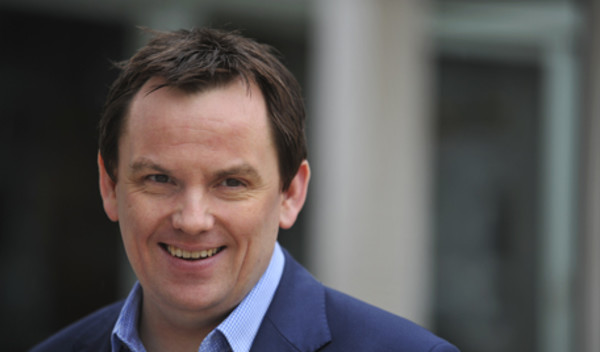

The chief executive of Nucleus has said its users trust the company to maintain the platform's service levels following its acquisition by James Hay.
Nucleus is currently subject to a £145m takeover offer by James Hay, which Nucleus shareholders will vote on later this month.
The deal is supported by Sanlam, which owns 52 per cent of Nucleus so is expected to be approved.
David Ferguson said that from his interactions with Nucleus users in recent months, he felt they trusted him on the deal.
He said: "I think my reading of the situation from our users, and I have spoken to a lot of them recently, is that they trust us to continue to maintain service and improve the product.
"We've got a product which has never been better. Any changes, anyone that can show us a better way to do things, will be welcomed."
While he acknowledged that he did not have any "detailed insight" into what changes James Hay might make after the acquisition, he said sentiment among Nucleus users had "never been better".
Nucleus has long heralded itself as a platform which is built by advisers, and was owned by advisers until it listed on the London Stock Exchange in 2018.
As part of the deal it is expected Nucleus will be shifted from the Bravura technology it currently uses to FNZ, a platform tech firm with which James Hay has a long-term strategic partnership.
This morning Nucleus announced its assets under administration had increased by 7.9 per cent to £17.4bn during 2020 while revenues were broadly flat, increasing by 1.6 per cent to £46m.
One of the reasons for revenues remaining flat was that Nucleus had offered discounts to some of its larger adviser firm clients.
Ferguson said: "What we've come to identify - we started this a year and half ago - is that there is clear price pressure coming to the market from larger advice firms.
"There is a reality now in the market that everyone knows larger clients get a cheaper price and that is now being extended to larger firms."
He said Nucleus had been running a series of experiments on this issue and expected to publish a full structure for how its approach to pricing would work later this year.
Ferguson added: "Scale is one of the drivers but not the only one. You can be a really big firm but if you are badly run it can be just as expensive for us."
damian.fantato@ft.com



